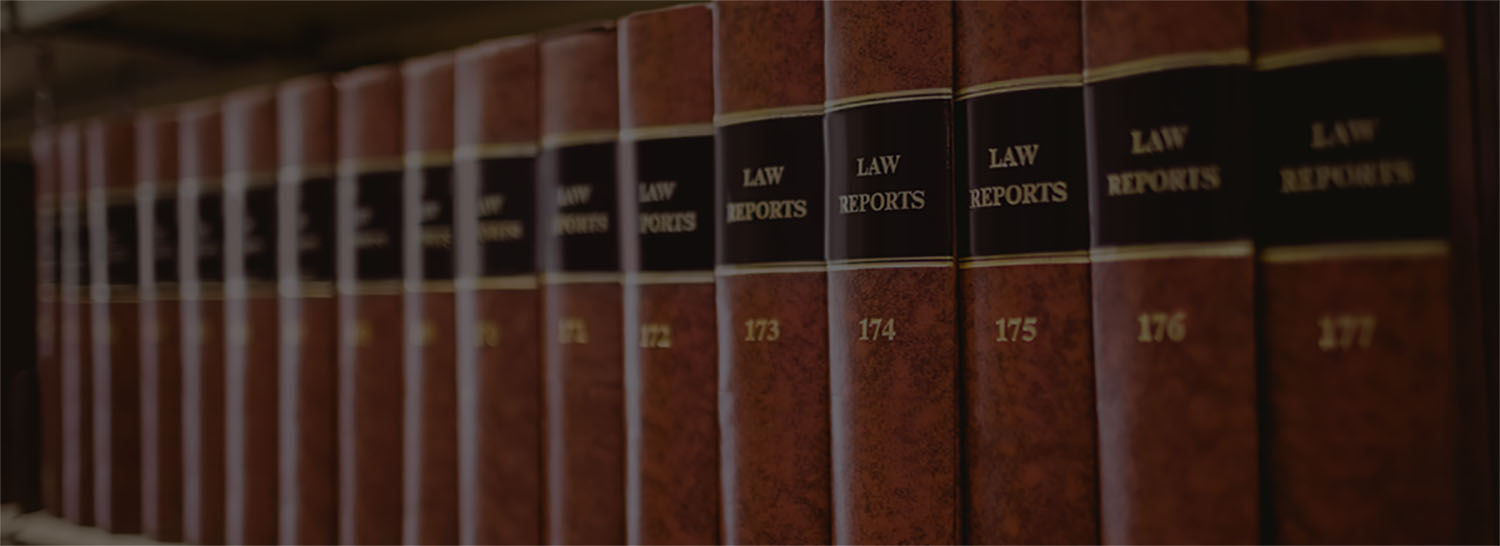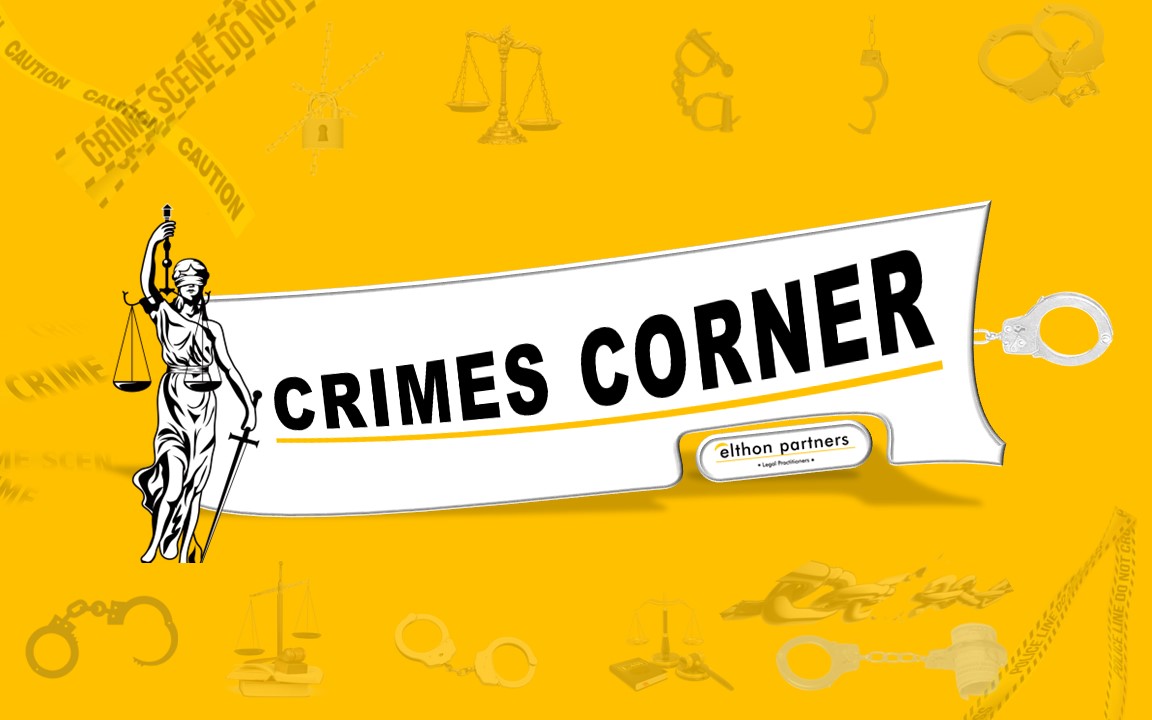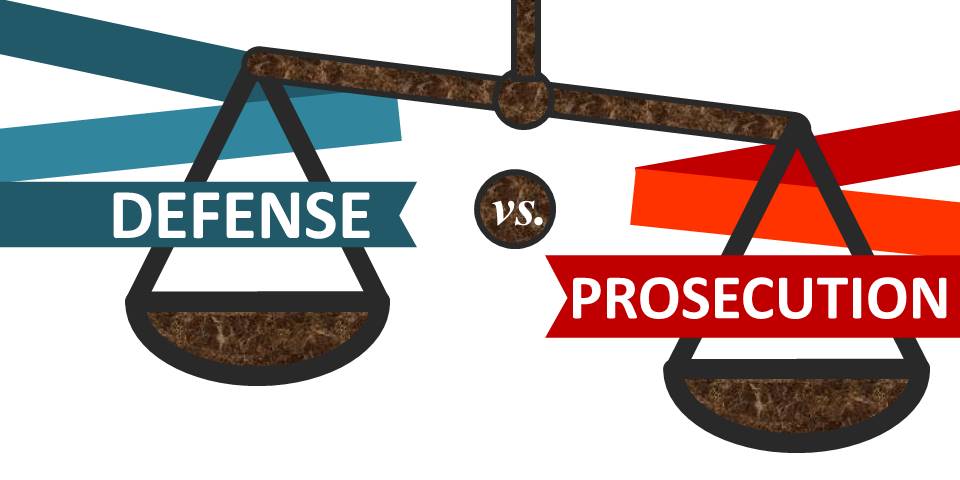
INTRODUCTION
Investment is no doubt, one of the ways of creating wealth, diligent approach to this centuries-old custom has made a lot of people become wealthy. It also flows from this and correct to state that investment is one of the most efficient ways of sustaining wealth. Credence has been given to this age long practice; seminars are being organized at local and international levels to create awareness about his unfailing method of wealth creation. Billionaires had travelled, crossing countries to acquire knowledge and widen their scope of investment.
While investors sit back in anticipation of the return of investment (ROI) at an agreed period, oblivious of where their hard earned money had travelled to, the investee (company) is busy laundering the money for a contrary course, this is a miasmatic experience a business minded investor would not want to experience. This article therefore divulges the legal framework and practical approach aggrieved investors can take to recover from this unpremeditated financial limbo.
DEFINITION OF TERMS
Asset: anything of value that is owned by an individual, company, or government and can provide future economic benefits.
The Longman dictionary defined asset as; “something or someone that helps you to succeed.” This definition presupposes that your investment is the asset of the company.
Asset tracing: in this context is therefore the process of identifying, locating, documenting the movement, and recovering assets (money) illicitly acquired through corruption, fraud, or other criminal activities. It involves tracking the path of assets through bank accounts, stocks, properties, shell companies, or digital wallets.
LEGAL AND REGULATORY FRAMEWORK
The two major anti-corruption law enforcement agencies vested with this remedial power are; the Independent Corrupt Practices and Other Related Offences Commission (ICPC) and the Economic and Financial Crimes Commission (EFCC).
The ICPC is empowered by the Corrupt Practices and Other Related Offences Act, 2000. The Act provide for seizure and custody of seized property. They have the authority to seize and forfeit assets through various legal avenues including civil administrative forfeiture.
The EFCC is regulated by the Economic and Financial Crimes (Establishment) Act, 2004. The Act has provisions for seizure and forfeiture. The commission has the power to investigate fraud, money laundering, embezzlement, they also track, seize and return proceeds of crime, they are also endowed with the power to monitor financial activities and institutions to detect suspicious behavior.
There are however distinguishing areas of practice between these two regulatory agencies, while EFCC focus on economic and financial crimes, the ICPC focus on practices and abuse of office. While EFCC scope is spread across banking fraud, money laundering, cybercrime, terrorism financing, etc, the ICPC scope is limited to public sector corruption. In essence, EFCC target public/private sector, individuals, firms while ICPC targets mostly public officials and MDAs.
CASE STUDY
Investment Fraud by Cititrust Financial Services Plc and Cititrust Holding Plc against First Surelinks Logistic Nig Limited and others.
Background: Over 40 petitioners including First Surelinks Logistics Nig. Limited approached Cititrust Financial Services Limited (1st Respondent) for investment opportunities offers made to them. They paid various sum to the 1st Respondent amounting to over N4,074,224,475.27 (Four Billion, Seventy Four Million, Two Hundred and Twenty Four Thousand, Four Hundred and Seventy Five Naira Twenty Seven Kobo) for investment purposes with promises made to them for various sums as interest upon maturity in a duration of 180 days – 365 days.
Deceptive Practices: It turned out that at the end of the agreed term, the 1st Respondent and its agents became elusive and failed remit to the petitioners the capital sum and the returns on investment as promised.
Tracing the Asset:
- The investors briefed their counsels including First Surelinks Logistics Nig. Limited, who engaged the service of Elthon Partners.
- Counsels to different investors including Elthon Partners who is counsel to First Surelinks Logistics Nig. Limited, petitioned the Economic and Financial Crimes Commission (EFCC) against Cititrust.
- The Economic and Financial Crimes Commission (EFCC) initiated an investigation upon receiving several petitions from the defrauded investors.
- Through forensic accounting and asset tracing techniques, the EFCC identified that the funds had been used by the Respondents in laundering proceeds of criminal activities in acquiring stocks of a particular company.
- The EFCC filed a Motion ex-parte for interim forfeiture of assets belonging to Cititrust Financial Services Plc, Cititrust Asset Management Limited and Cititrust Holding Plc (the Respondents).
- The EFCC on 15th May, 2024 secured an order for interim forfeiture at the Federal High Court in Lagos.
- The Federal High Court in Lagos on the 15th day of April, 2025 ordered the final forfeiture of all the shares of Living trust Mortgage Bank Plc held by the 3rd Respondent.
CONCLUSION
This case underscores the importance of thorough due diligence and the role of regulatory authorities in tracing and recovering assets obtained through fraudulent means. People often don’t realize that the assets of a company they invested in can be traced. Most people do think that the personalities behind the corporate entity of companies are invisible or their activities untraceable. The anti-corruption law enforcement agencies have the power to identify, trace, seize and confiscate proceeds of crime and seek freezing and forfeiture orders from the court.



